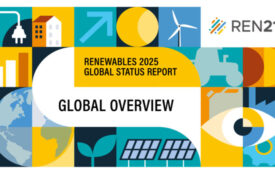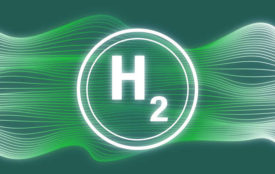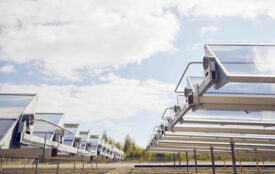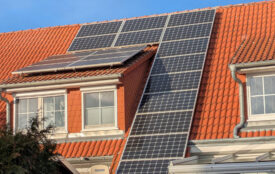(Re)defining access to modern energy
Access to modern energy is often defined, explicitly or implicitly, as physical connection of households to the electricity grid and their use of clean non-solid fuels for cooking.
However, this definition is unduly narrow and potentially misleading. In particular, it does not address issues relating to agents other than households, to the amount of energy to which households have access, to attributes of the energy supply to which they have access, or to the use of energy for productive or other non-domestic purposes (Culver, 2017; Bazilian et al., 2010).
More recently, however, there have been efforts in the context of the Sustainable Energy for All (SE4All) initiative to broaden understanding of access to energy in various dimensions (Bhatia and Angelou, 2015):
- From a focus on households to encompass businesses and public and community facilities;
- From electricity supply to encompass modern fuels for cooking and (where needed) heating;
- From access to energy to technologies for its use (particularly improved and energy-efficient stoves);
- From a binary definition (of having or not having access) to a continuum, reflected in several tiers of access;
- From physical connection or availability to include attributes of supply, including quantity, reliability, continuity and safety;
- From physical supply to affordability;
- From access at a point in time to a progressive upgrading in access over time.
While a much-needed move in the right direction, however, it is not clear that the criteria for these tiers of access adequately represent what is required for structural transformation. This largely reflects the basis of the approach “on the energy access experienced by individuals rather than enterprises”, so that data can be collected through household surveys rather than enterprise surveys (Bhatia and Angelou, 2015). (…)
Such relatively undemanding thresholds appear oriented towards a development process characterized by a proliferation of household-level microenterprises, and may offer some benefits in this context. Typically, such a process arises as “entrepreneurs by necessity” are driven by lack of employment opportunities and/or inadequate farm incomes to resort to low-productivity survivalist activities in the informal sector. While characteristic of the current situation of many LDCs, however, achieving the SDGs will require a much more transformative development process in LDCs, founded upon the dynamic growth of enterprises run by “entrepreneurs by choice”, generating productive employment opportunities, which can be expected ultimately to form the basis of a vibrant formal sector (UNCTAD, 2015). This is likely to require an altogether more demanding framework for energy access for productive use.
While practical limitations to data collection may confine monitoring of energy access to this framework, it is therefore important that policies should be oriented towards a much more ambitious concept of access for productive use — what might be termed “transformational energy access”. (…) In particular, due attention should be given to the energy needs of enterprises as well as households. Even for households engaged in productive activities, more demanding standards may be appropriate for capacity, availability and reliability if energy is not to be a constraint on productive potential.
Access to energy plays a critical role in the sustainable and inclusive structural transformation that is essential to poverty eradication and the achievement of the other SDGs. Central to this role is the productive use of electricity, which both translates access into structural economic transformation and helps to generate the demand needed to make investments in generation and distribution viable. However, this requires going beyond an exclusive focus on social and environmental aspects of energy that results in a neglect of its economic role, and beyond definitions of access that are limited to the physical connection of households to sources of electricity for domestic use. Realizing the full developmental potential of access to modern energy requires “transformational energy access” – energy supplies and technologies that meet the needs of producers and of structural economic transformation.
Download the full report here.








